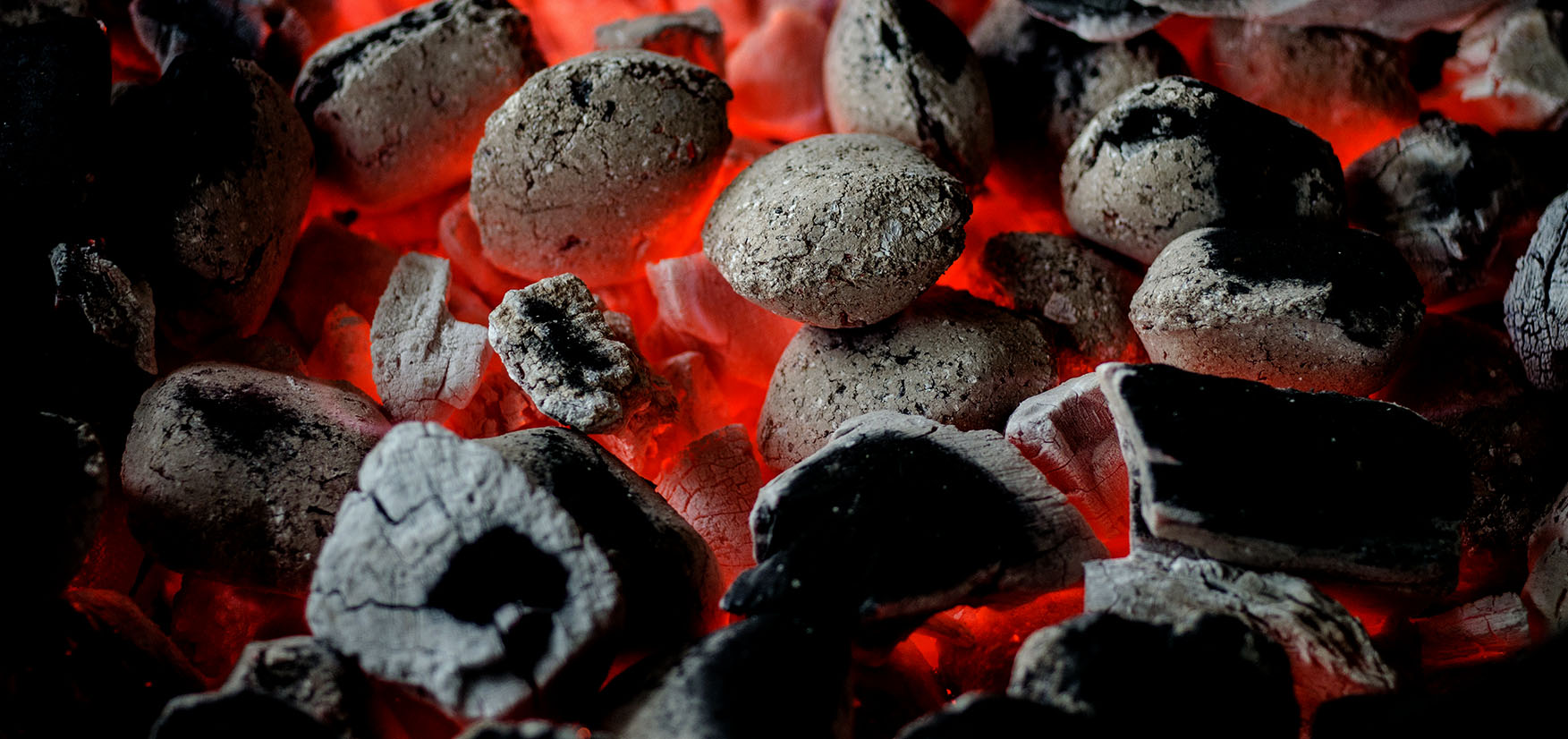Charcoal

India, as of 2019, had 105,93 trillion tones of coal reserves accounting for almost 10% of the global reserves. Further, most of the hard coal resources are located in seven states: Jharkhand, Odisha, Chhattisgarh, West Bengal, Madhya Pradesh, Maharashtra, and Telangana.
Lump Charcoal
This is one of the popular ones we said you must’ve come across. It is made through carbonization, a process requiring a unique set of raw materials. This type of charcoal is considered one of the best in the industry.
Its carbonization process is often so effective that in the end, all you have left is carbon. That is, there’s hardly any organic matter left to ruin the quality of the lump charcoal.
Charcoal Briquettes
This type of charcoal is much older than you think. Like gold, it reaches its best state after passing through fire. Like other forms of charcoal, it usually needs to burn in low-oxygen areas for several days before it comes out just right.
Hardwood Briquettes
This type of charcoal is made of hardwood. However, producers don’t often leave it to take whatever form possible. Instead, they take proper care in ensuring they come out in the same shape and consistency.
Coconut Shell Charcoal
If there was any material you wouldn’t expect to be used for charcoals, it would be coconut shells. These things are often considered useless and tossed to the side. Especially, once the coconut is taken out, many people don’t bother about it anymore. However, it is an excellent material for making charcoals.
Binchotan
If you thought coconut shell charcoal was uncommon, the chances are that you’ve never heard of this before. Binchotan is a special type of charcoal that has been around for several hundred years.
Naturally, other forms of charcoal take quite some time before they’re ready. But, this specific “species” can burn for several weeks nonstop before the final product comes out.
Activated charcoal is a fine, odorless, black powder often used in emergency rooms to treat overdoses. Its toxin-absorbing properties have a wide range of medicinal and cosmetic uses, though none are scientifically proven. Activated charcoal may be able to assist kidney function by filtering out undigested toxins and drugs.
People have long used activated charcoal as a natural water filter. Just as it does in the intestines and stomach, activated charcoal can interact with and absorb a range of toxins, drugs, viruses, bacteria, fungus, and chemicals found in water.
